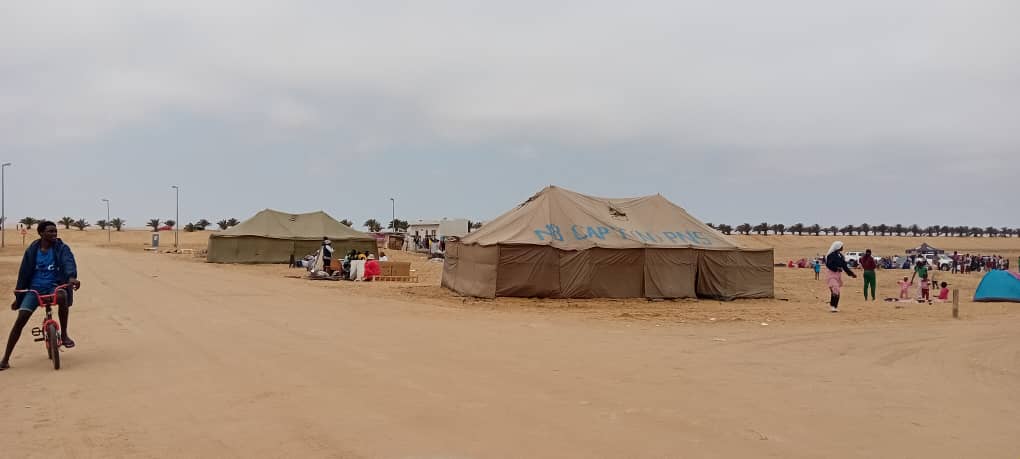VIENNA, Austria – Evidence that Opec cutbacks were taking hold helped keep oil prices above US$46 a barrel yesterday, with crude also getting support from new unrest in oil-rich Nigeria.
A dispute between Ukraine and Russia over gas imports and Israel’s ground offensive in Gaza also kept tensions high, although analysts were split over how much the conflict in the Middle East is affecting markets.
Light, sweet crude for February delivery rose two cents to US$46,36 a barrel in electronic trading on the New York Mercantile Exchange by midday in Europe. The contract rose Friday US$1,74 to settle at US$46.34.
Analysts at JBC Energy said in a research note that prices were supported by ‘increasing evidence that Opec is adhering to its agreed production cuts and the announcement of the US government to add more oil into its strategic reserves.’
Prices were also buoyed by the ‘latest news from Nigeria that saboteurs had attacked and partly destroyed part of a pipeline,’ the analysts said.
Nigerian regional army chief Brigadier General Wuyep Rimtip said Saturday he did not know how severely the pipeline was damaged and suspected local youths rather than militants were responsible for the attack.
Nigeria’s major militant group, the Movement for the Emancipation of the Niger Delta, declared a cease-fire in September, but has warned that attacks could resume if it is provoked.
In the oil-rich Middle East, tensions were high as thousands of Israeli troops backed by tanks and helicopter gunships surrounded Gaza’s largest city and fought Hamas militants at close range Sunday, as the offensive moved from airstrikes to artillery shelling and ground fighting in a bid to stop rocket fire on southern Israel.
An Iranian Revolutionary Guard commander yesterday urged Islamic nations to use crude as a weapon to exert pressure on Western backers of Israel.
Still, even Iran – among the more radical Opec members – was unlikely to jeopardise its precious oil income, and with no oil producing nation directly involved, analysts were split over the market impact of the Gaza unrest.
‘With Israeli troops going into Gaza, that just heightens fears of the possibility of a wider Middle East conflict,’ said Ken Hasegawa, an energy analyst with broker Newedge in Tokyo. ‘Prices will likely continue to rise in the short term.’
In Vienna, however, JBC Energy said that to all appearances the conflict ‘has not had much of an impact so far.’
Victor Shum, an energy analyst with Purvin & Gertz in Singapore, said prices ‘will depend on OPEC’s compliance with their output cuts and the health of the global economy.’ Shum said he expects prices to average in the low US$50s this year.
A dispute between Russia and Ukraine over natural gas payments also concerned traders yesterday. Russian gas monopoly Gazprom has cut off gas shipments to Ukraine since Thursday.
Gazprom has continued to send gas to Europe, which relies on it for a quarter of its gas. But 80 percent of the gas Gazprom sends west passes through the same pipelines that supply Ukraine, and over the past four days the pressure in the pipelines has dropped.
– Nampa-AP
Stay informed with The Namibian – your source for credible journalism. Get in-depth reporting and opinions for
only N$85 a month. Invest in journalism, invest in democracy –
Subscribe Now!










